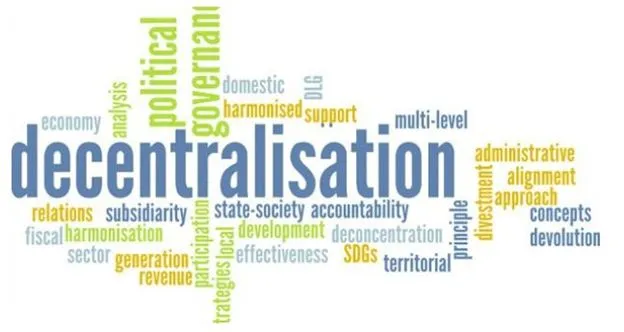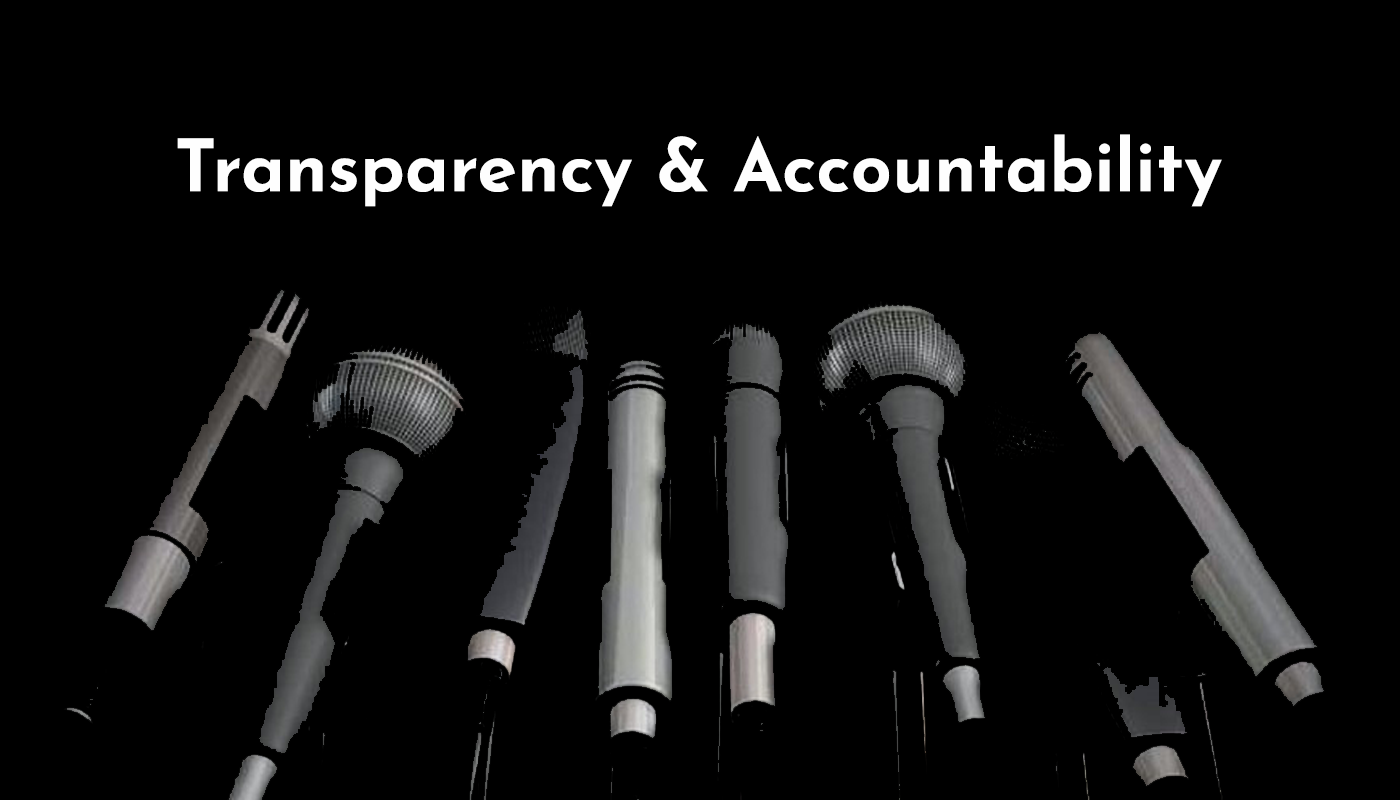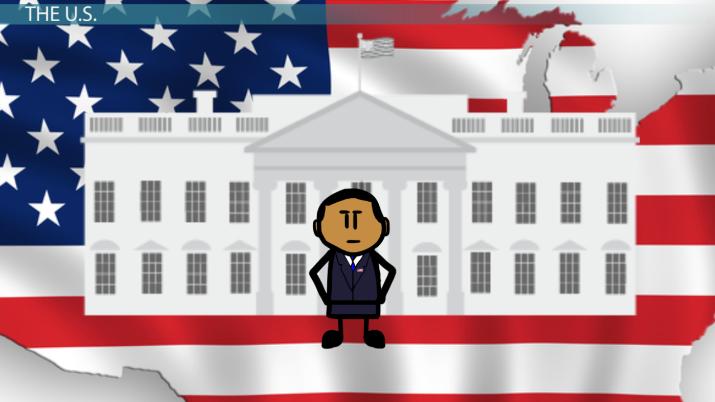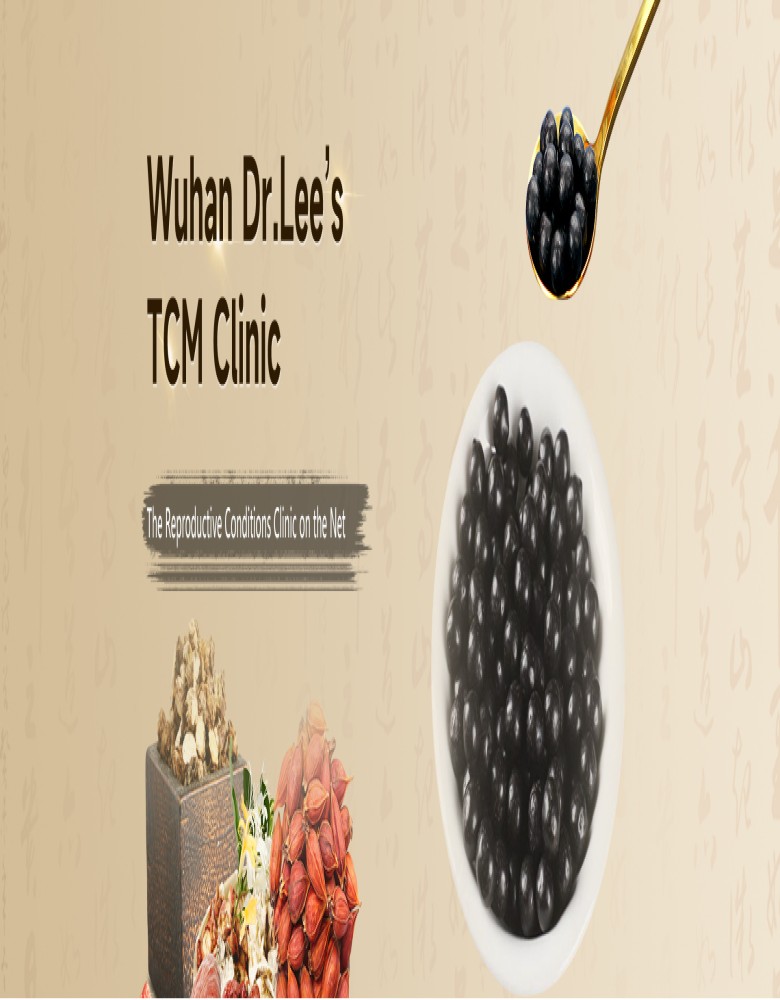The Impact of Politics on Society- Pros and Cons
Explore the pros and cons of term limits in politics. Discover the potential benefits and drawbacks of limiting political terms for better governance
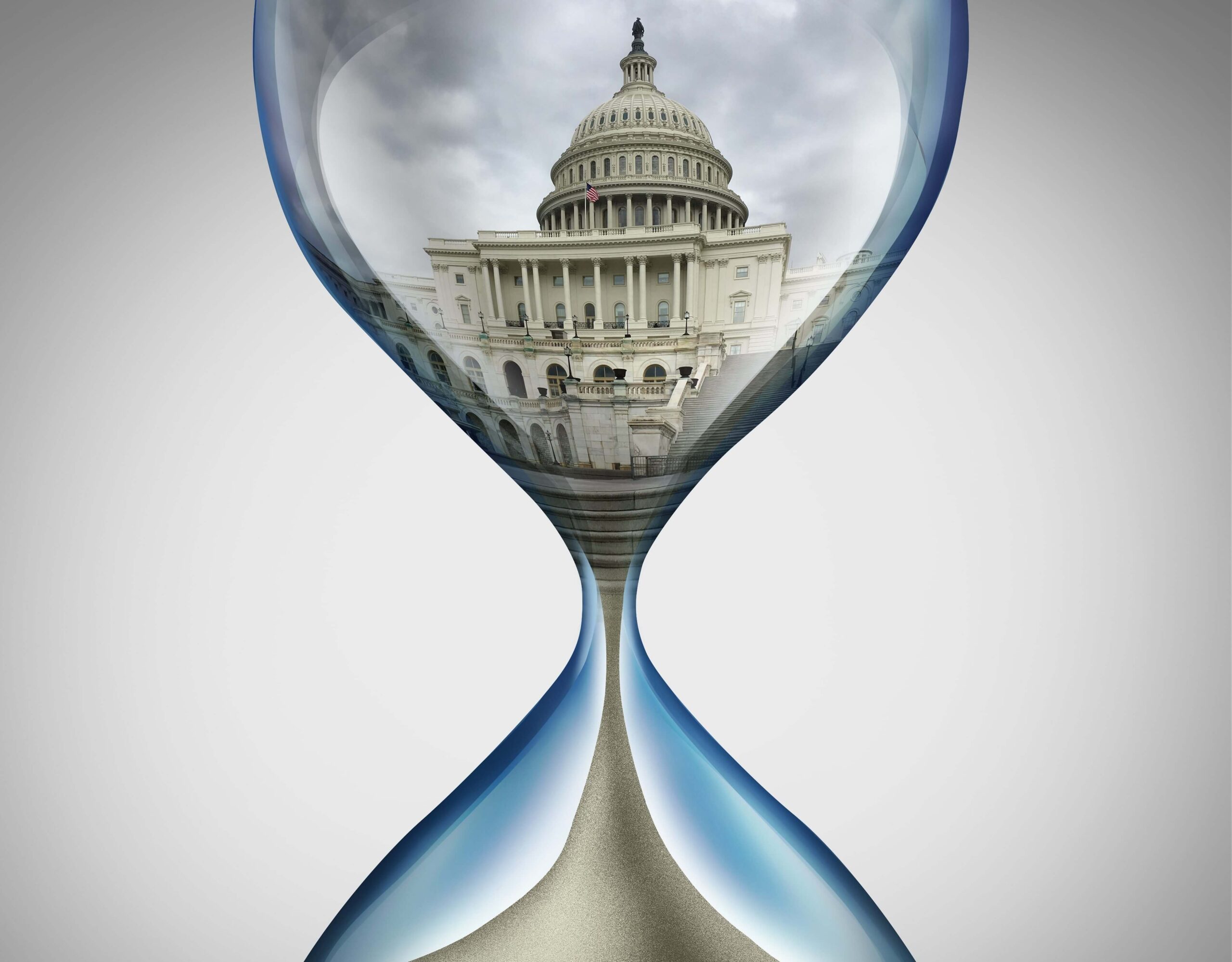
The Pros and Cons of Political Term Limits: A Comprehensive Analysis
In the ever-evolving world of governance and politics, the debate over political term limits is a recurring topic that continues to shape political landscapes in the United States and around the world. As political news today frequently highlights discussions on term limits, it is essential to delve into the potential benefits and drawbacks associated with this contentious issue. This article aims to provide a comprehensive analysis of political term limits in the context of state and world politics, international political news, upcoming political events, and their impact on political campaign strategies.
Benefits of Political Term Limits
Enhanced Accountability: One of the primary benefits of term limits is the promotion of greater accountability among elected officials. When politicians know they have a limited time in office, they may be more inclined to prioritize the needs and concerns of their constituents over personal or partisan interests. This can lead to more responsible and responsive governance.
Fresh Perspectives: Term limits introduce fresh faces and ideas into the political arena. New candidates bring diverse perspectives and experiences, which can lead to innovative policy solutions. In a rapidly changing world, adaptability and innovation are crucial in addressing emerging challenges.
Reduced Incumbency Advantage: Without term limits, incumbents often enjoy a significant advantage in elections due to name recognition and established networks. Term limits level the playing field, making it easier for challengers to compete, thereby fostering healthy competition.
Mitigating Corruption: Extended periods in office can sometimes lead to complacency and corruption. Term limits help mitigate these risks by preventing individuals from accumulating too much power and influence over time.
Increased Civic Engagement: Knowing that elected positions will regularly become available can encourage more people to engage in politics. This can lead to a more informed and active citizenry, which is essential for a functioning democracy.
Drawbacks of Political Term Limits
Loss of Experience: One of the most significant drawbacks of term limits is the potential loss of experienced and effective politicians. Seasoned lawmakers with in-depth knowledge of complex issues may be forced to step down, leaving a void that inexperienced successors may struggle to fill.
Short-Term Focus: Politicians limited by term limits may prioritize short-term policies and quick wins to secure their legacies. Long-term and potentially unpopular reforms may be neglected in favor of short-term gains.
Lame Duck Effect: In the final years of their terms, elected officials may become "lame ducks" with diminished influence and motivation to enact meaningful change. This can lead to a period of stagnation and reduced productivity.
Constant Campaigning: In a system with term limits, politicians may spend a significant portion of their time campaigning for re-election or planning their next career move. This can detract from their ability to focus on governing effectively.
Potential for Political Instability: Frequent turnover of elected officials can lead to political instability, as policies and priorities may change rapidly with each new administration. Consistency and long-term planning may suffer as a result.
Political Term Limits in the Context of Campaign Strategies
Political campaign strategies are significantly influenced by the presence or absence of term limits:
Without Term Limits: In systems without term limits, incumbents often focus on building strong name recognition, cultivating long-term relationships, and amassing campaign war chests for potential re-election bids. Their strategies revolve around maintaining their positions of power.
With Term Limits: In term-limited environments, campaign strategies for both incumbents and challengers emphasize the urgency of their respective positions. Incumbents must work diligently to leave a lasting legacy within their limited time, while challengers must mobilize quickly to seize the opportunity presented by an open seat.
The Global Perspective on Political Term Limits
Beyond the United States, the question of political term limits reverberates through world politics news and international political discussions. Different countries have adopted varying approaches to this issue, showcasing a diverse array of experiences.
Countries with Strict Term Limits
Some nations have implemented strict term limits with notable success:
Mexico: Mexico's presidential term limits have fostered a multi-party system, reducing the dominance of a single party. This has led to more competitive elections and increased accountability.
Nigeria: Term limits in Nigeria have contributed to a rotation of power among different regions and ethnic groups, promoting inclusivity and reducing tensions.
Countries with No Term Limits
Conversely, several countries, such as China and Russia, have opted for no term limits for their top leadership positions. These cases provide contrasting insights:
China: China's leadership continuity has allowed for long-term planning and implementation of complex policies, but it has also faced criticism for a lack of political diversity and accountability.
Russia: Russia's absence of term limits has enabled President Vladimir Putin to maintain power for extended periods. While this offers stability, it has raised concerns about democracy and political pluralism.
The Mixed Bag
Many countries strike a balance with semi-strict term limits, allowing leaders to serve multiple terms but not consecutively. This approach aims to combine the benefits of continuity with regular leadership changes.
International Observations
The international community closely watches countries' approaches to term limits, as they can have far-reaching consequences. The Organization of American States (OAS) and the African Union (AU) have expressed support for democratic governance, which often includes term limits as a means to ensure regular, competitive elections.
Upcoming Political Events and the Role of Term Limits
Political events, such as elections and transitions of power, are pivotal moments in a nation's history. Term limits can significantly influence these events:
Elections: In countries with term limits, elections for open seats can be highly competitive. Both established politicians and newcomers vie for the opportunity to lead, leading to dynamic and unpredictable campaigns.
Transitions: The end of a leader's term can be a delicate period, especially in countries with no term limits. Ensuring smooth transitions and preserving stability becomes paramount to avoid political turmoil.
Legacy Building: Outgoing leaders often seek to shape their legacies. Term-limited leaders may focus on pushing through impactful policies in their final term, while leaders without term limits may take a longer view of their legacy.
Impact on Political Campaign Strategies
Political campaign strategies are intimately tied to the presence or absence of term limits:
Without Term Limits: Incumbents in systems without term limits may focus on maintaining their positions through a mix of policy achievements and political maneuvering. Their campaigns emphasize experience and a steady hand at the helm.
With Term Limits: In term-limited environments, both incumbents and challengers must contend with the urgency of the situation. Incumbents highlight their accomplishments while facing the ticking clock, while challengers emphasize their fresh perspectives and the need for change.
Midterm Elections: In countries with term limits, midterm elections can be especially contentious, as they often serve as a referendum on the incumbent's performance, with challengers positioning themselves as alternatives.
The debate over political term limits is not confined to any single country but resonates throughout the world of governance and politics. As countries grapple with the pros and cons of term limits, they must consider their unique contexts and the implications for their political systems.
While term limits can promote accountability, inclusivity, and competition, they also carry the risk of political instability and the loss of experienced leaders. The balance between continuity and change remains a central challenge in the ever-evolving landscape of global politics, ensuring that the discussion around term limits will continue to shape political news today and in the future.
What's Your Reaction?








